Welcome to Year Fourteen of the Best Picture discussion, concerning movies released in 1941!
For many people, this is the biggest fiasco in Academy Award history, since Citizen Kane was denied the Oscar for Best Picture.
I’m not sure that the issue is quite that simple, as I pointed out in V. 1: “1941 represents one of the most difficult decisions for Best Picture, because of the masterpieces we have to deny in order to select one. John Ford’s How Green Was My Valley is a delicate achievement, an emotional film about nostalgia, memory, perception and love, which retains a small but fanatical following. Orson Welles’ Citizen Kane is a robust revolution; watching Citizen Kane has become a rite of passage for movie lovers (and film critics, two groups which don’t necessarily overlap…). When young, we tend to be blown away by what seems to be absolutely unprecedented. After a time, we may come to see that much of the acting seems hammy, and decide that ultimately, we just may not care about Kane and his Rosebud. The film has no emotional center we can rely on; the pleasures of watching Citizen Kane remain primarily intellectual. Watching it again, I have come to the conclusion that the movie often sounds better than it looks, particularly in terms of the acting; the voices are all marvelous, and perfectly pitched and cast, but the faces that go with the voices haven’t always learned how to act. Watch the scene where Kane’s guardian labels him a Communist, and you can see how bad the acting is; ditto for the Joseph Cotten scenes as an old man. Not surprising, given Welles’ experience was primarily in the theater and radio, and most of his actors came from radio with him. On the other hand, once Welles and Toland and their set designers let themselves go, the very look of the film shatters our conception of what is possible in the movies. Watch the scene of celebration when Kane succeeds in hiring the entire staff of the Chronicle to his own paper. Every last moment is a revolution in lighting, cinematography, set design and the patterns of narration. Ultimately, the criteria for picking the Best Picture for 1941 is this: do other movies quench our desires more effectively? How Green Was My Valley certainly fills a different hunger, as Peter Bogdanovich notes: “There’s no question that How Green Was My Valley is the emotional film, and comes from the heart, whereas Kane comes from the head.” What we want is a movie that satisfies both the heart and the head, a rare beast indeed.”

How Green Was My Valley won, and the Academy also nominated the Greer Garson kids-in-trouble movie Blossoms in the Dust; Citizen Kane; Robert Montgomery’s fantasy Here Comes Mr. Jordan; Charles Boyer and Olivia de Havilland’s Hold Back the Dawn; Bette Davis going kabuki evil in The Little Foxes; John Huston, with Humphrey Bogart, Peter Lorre, Sydney Greenstreet, and Mary Astor in The Maltese Falcon; Fredric March going pastoral in One Foot in Heaven; Gary Cooper shooting Germans and turkeys in Sergeant York; and Cary Grant & Joan Fontaine in Alfred Hitchcock’s butchered Suspicion.
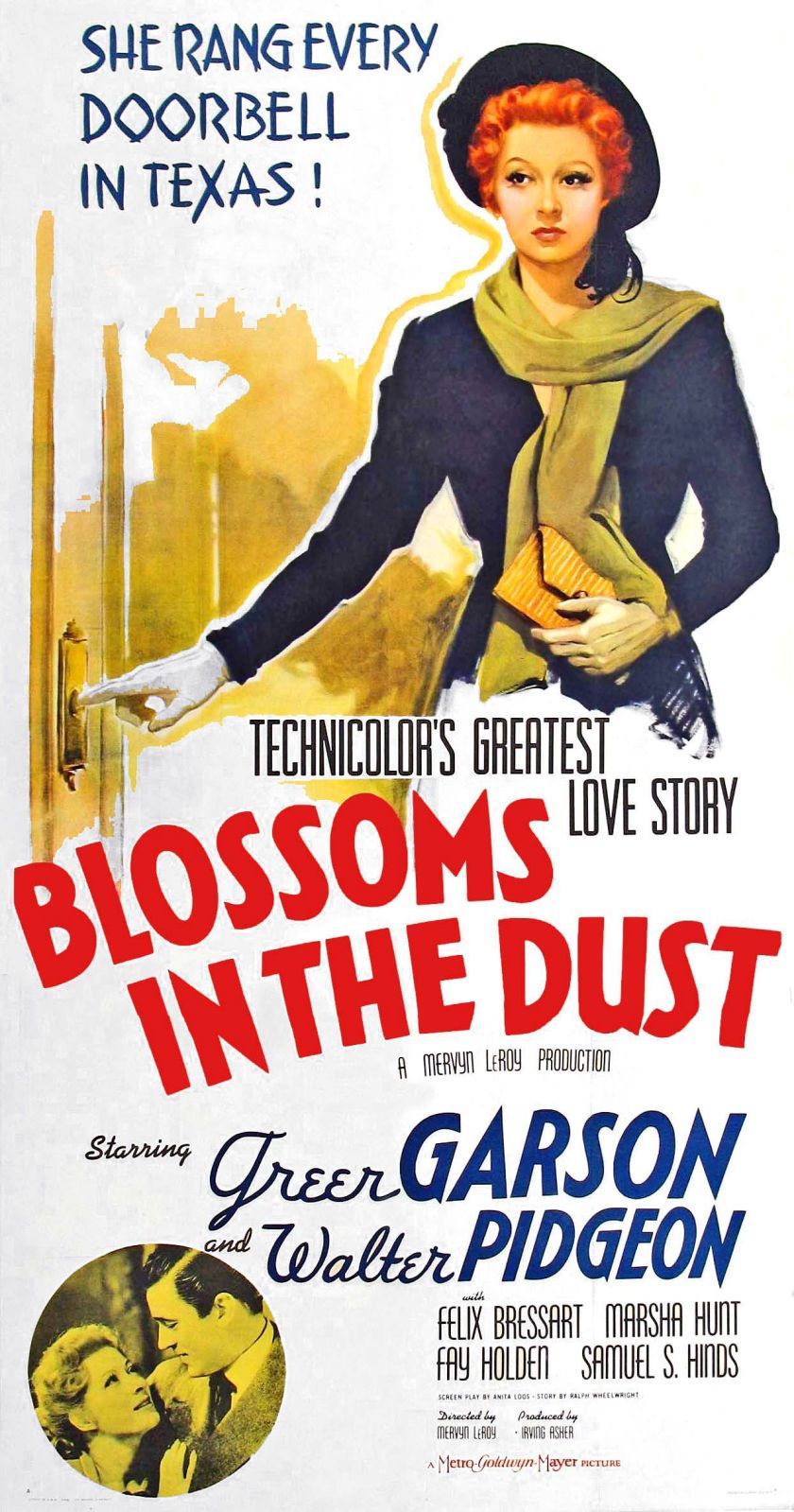
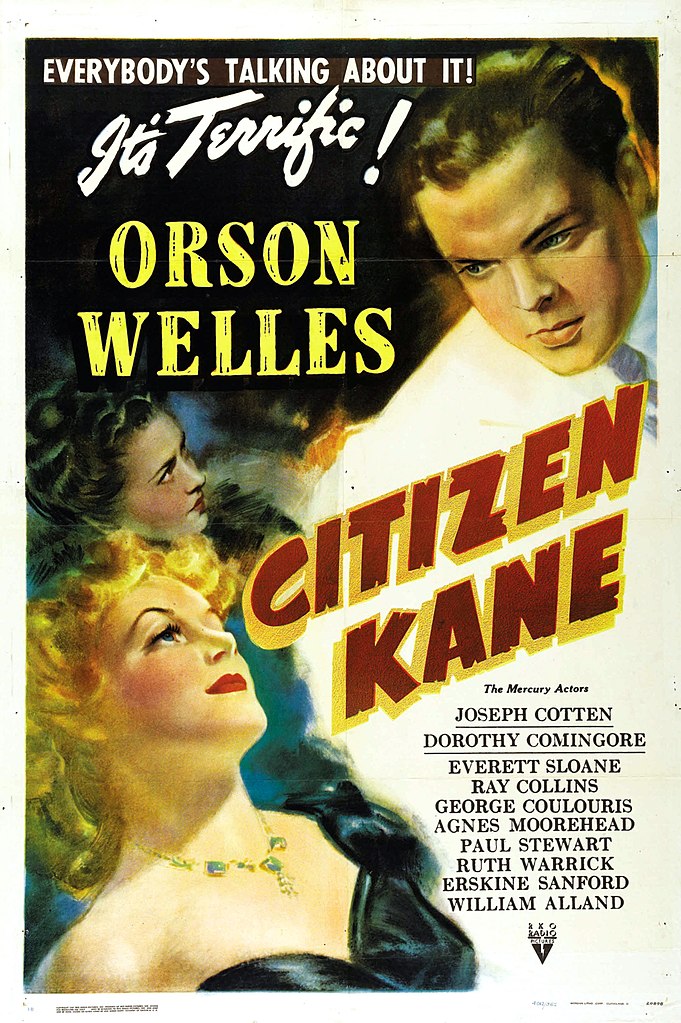
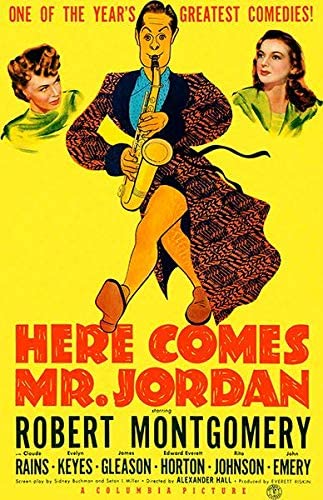
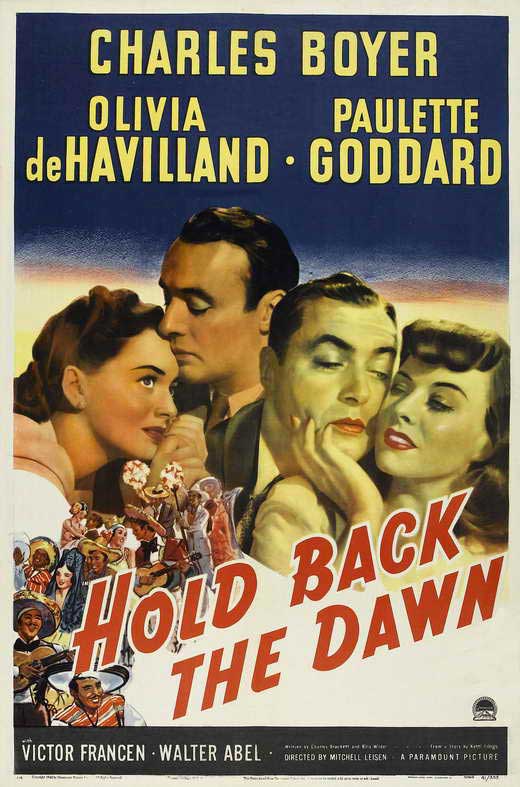
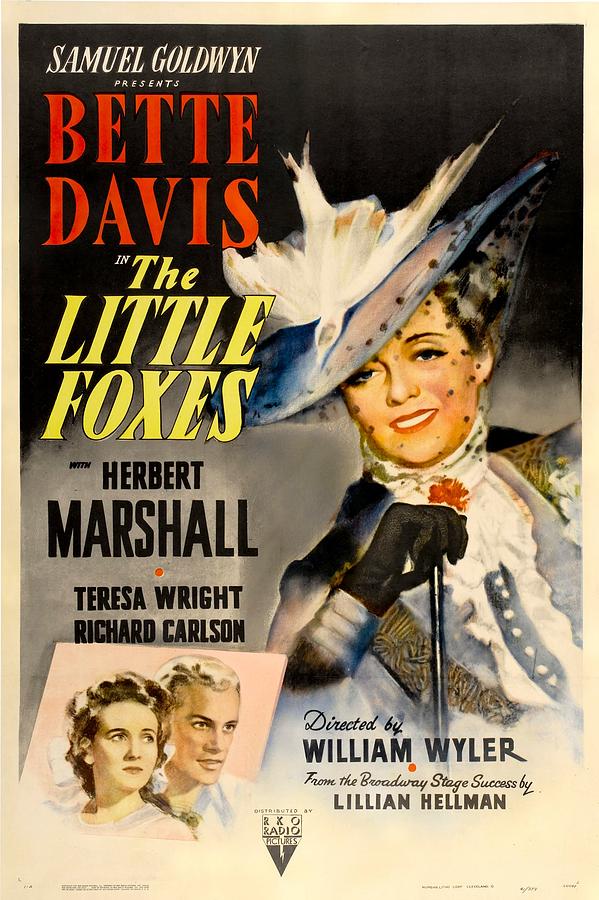
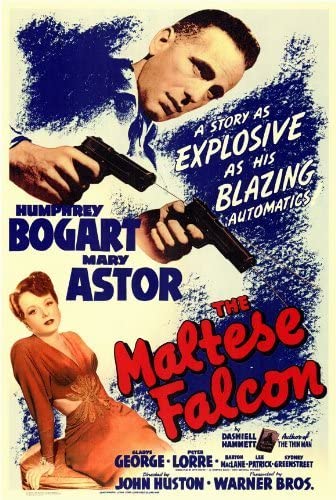
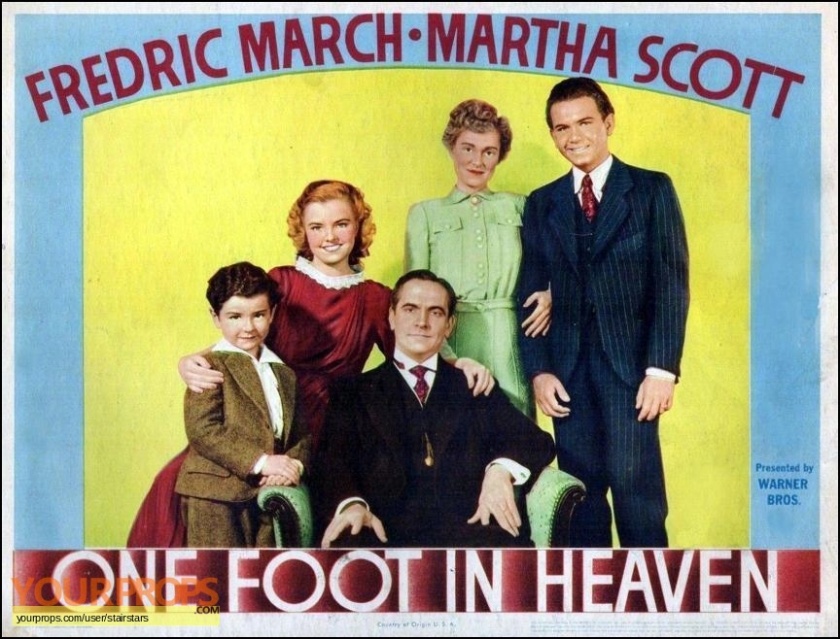
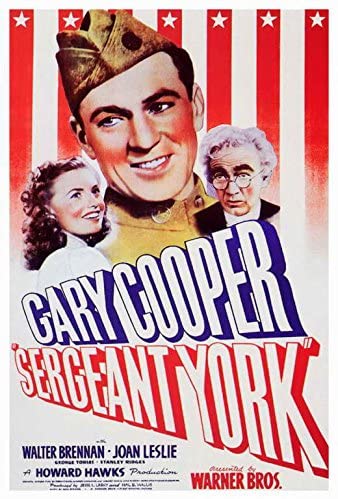
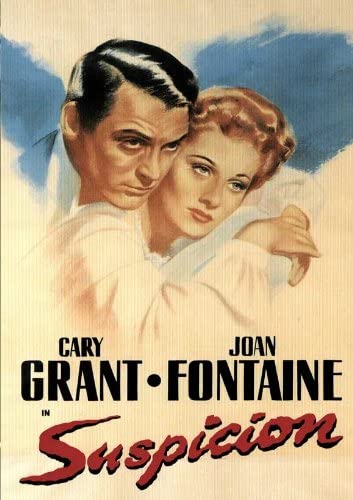
Other choices from 1941 include: Gary Cooper and Barbara Stanwyck in Howard Hawks’ Ball of Fire; Henry Fonda and Barbara Stanwyck in Preston Sturges’ The Lady Eve; Joel McCrea and Veronica Lake in Preston Sturges’ Sullivan’s Travels; Gary Cooper and Barbara Stanwyck in Meet John Doe; Tyrone Power and Rita Hayworth in Blood and Sand; Walt Disney’s Dumbo; Abbott & Costello, Buck Privates; Jimmy Cagney, Rita Hayworth, and Olivia de Havilland in The Strawberry Blonde; Walter Huston playing Satan in The Devil and Daniel Webster; Cary Grant and Irene Dunne dealing with an earthquake and a dead baby in Penny Serenade; Joan Crawford in George Cukor’s A Woman’s Face; Mary Astor and Bette Davis in The Great Lie; Spencer Tracy, Lana Turner, and Ingrid Bergman in Dr Jekyll and Mr. Hyde; Laurence Olivier and Vivien Leigh in That Hamilton Woman; and Lon Chaney, Jr. in The Wolf Man.
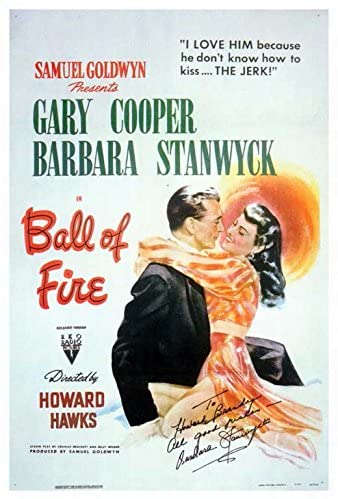
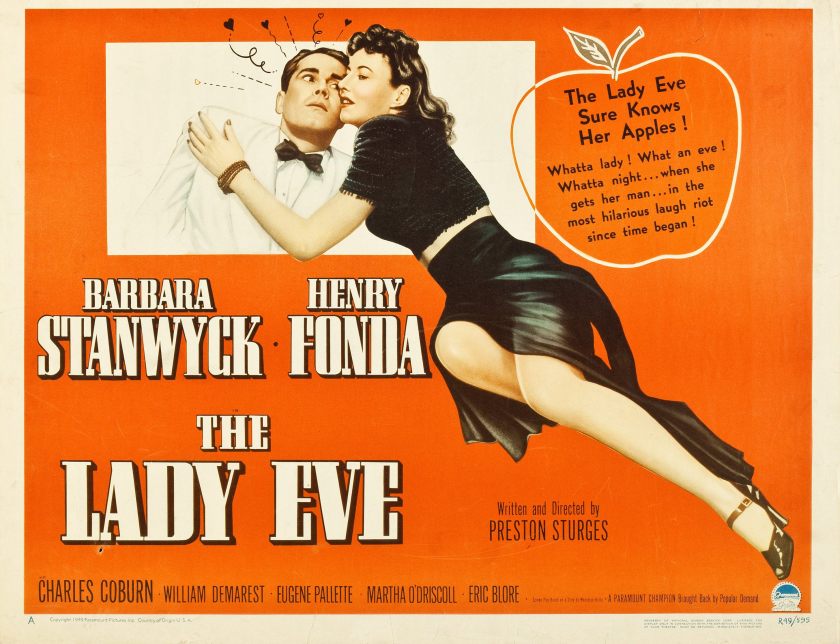
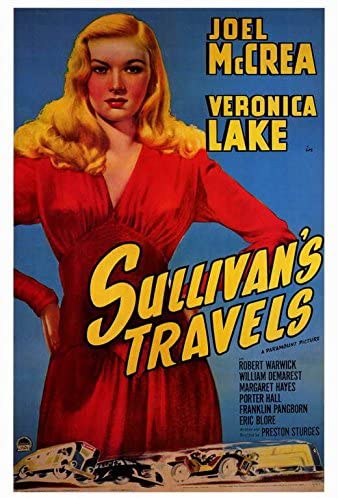
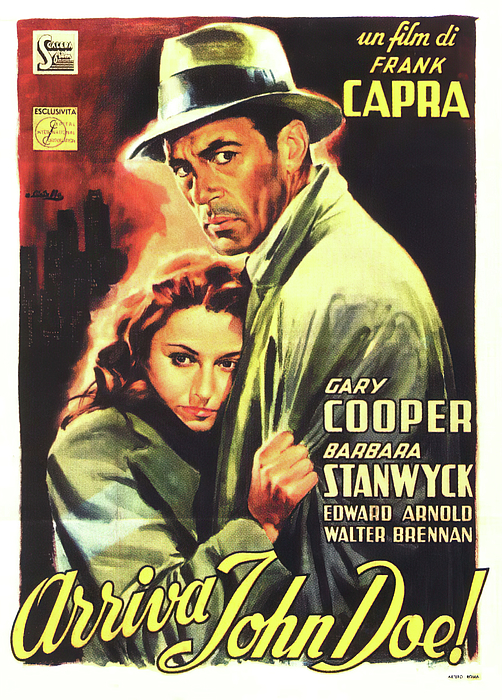
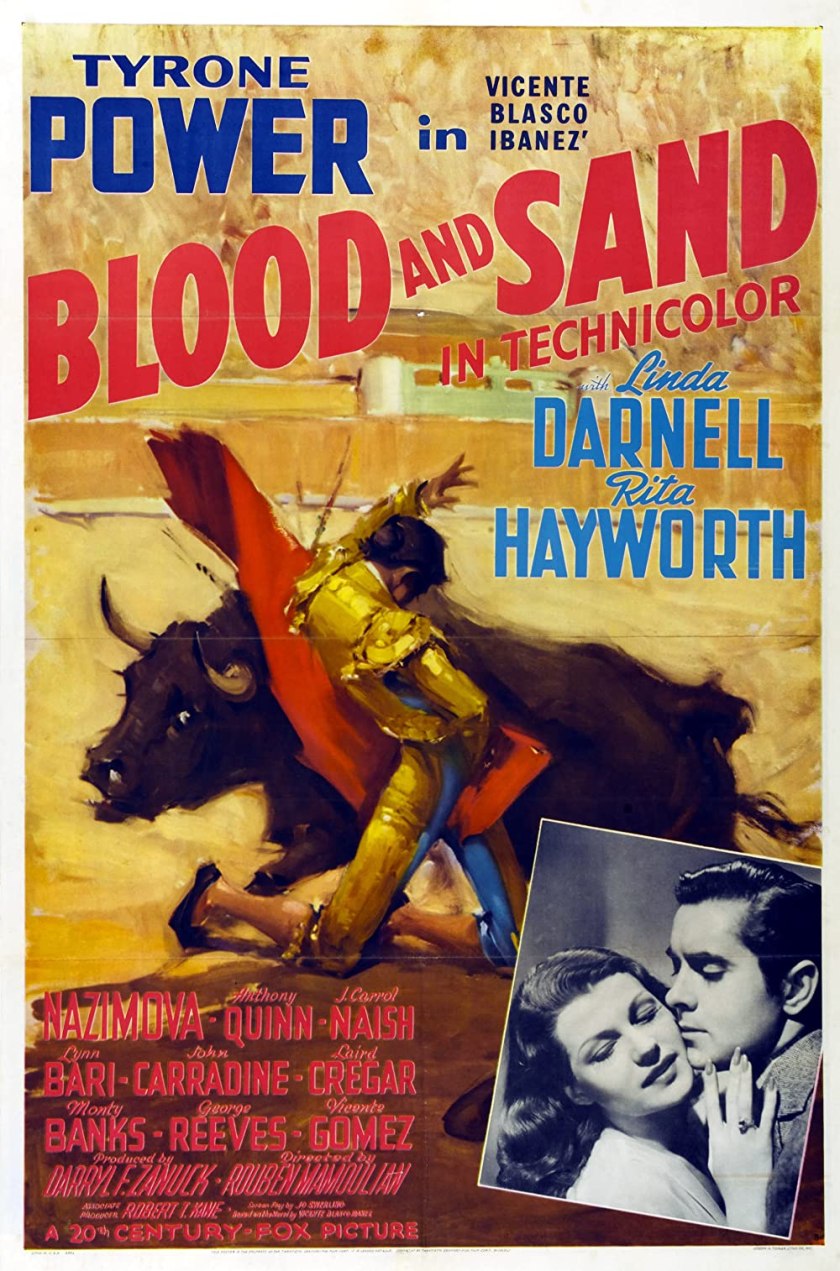
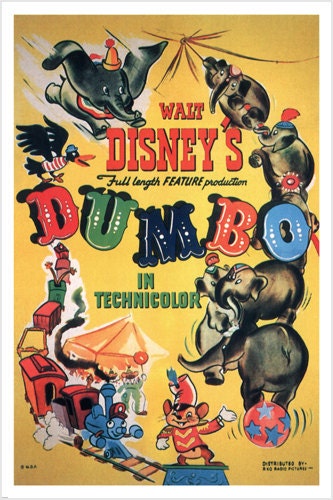
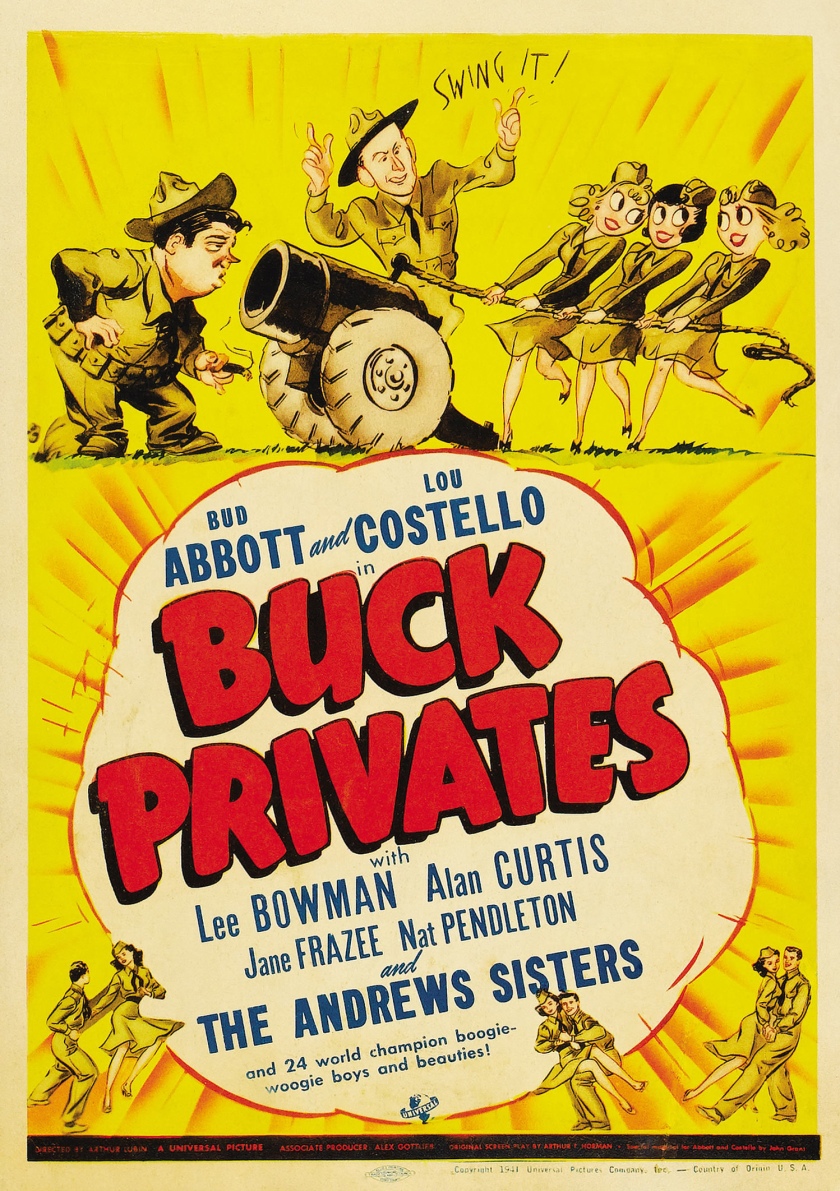
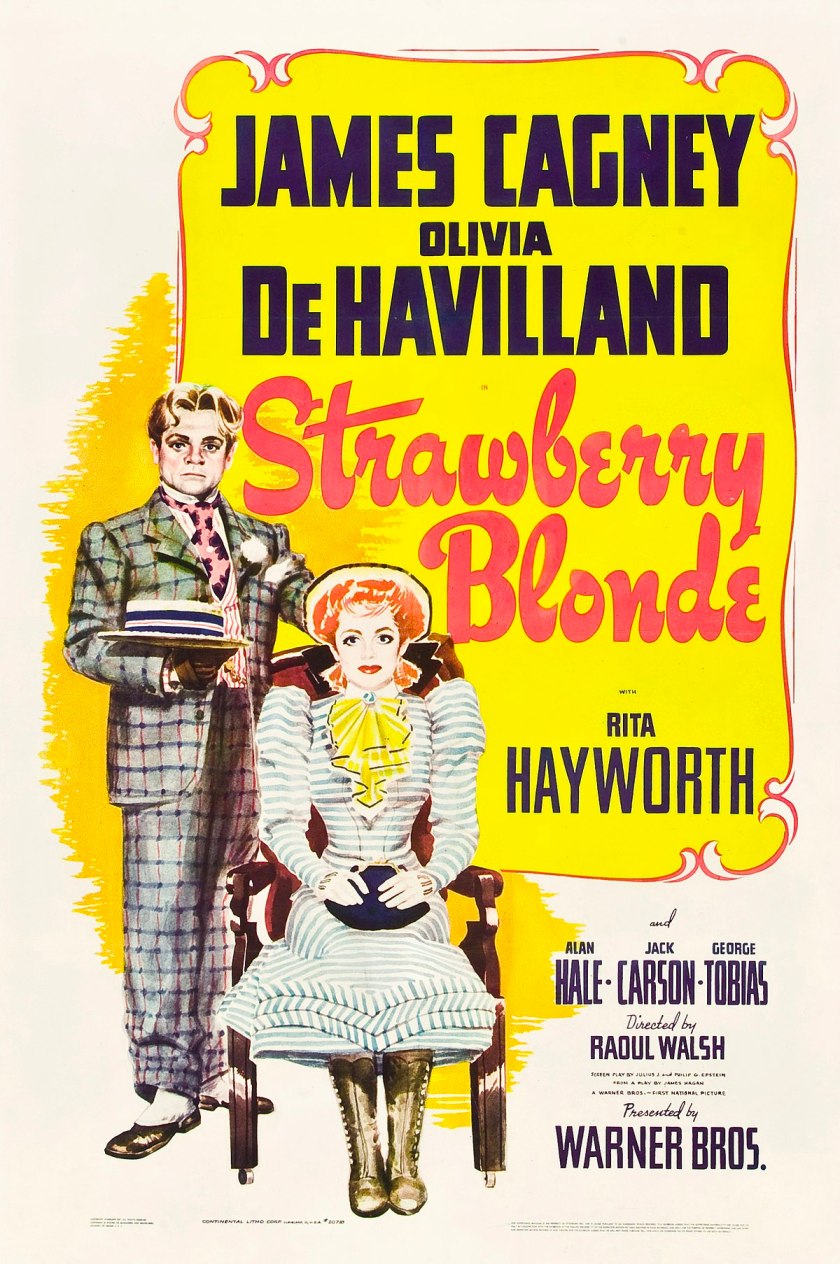
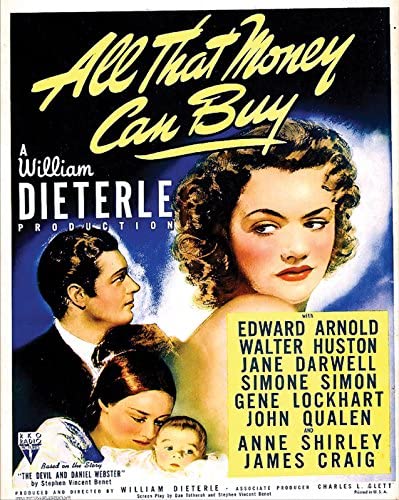
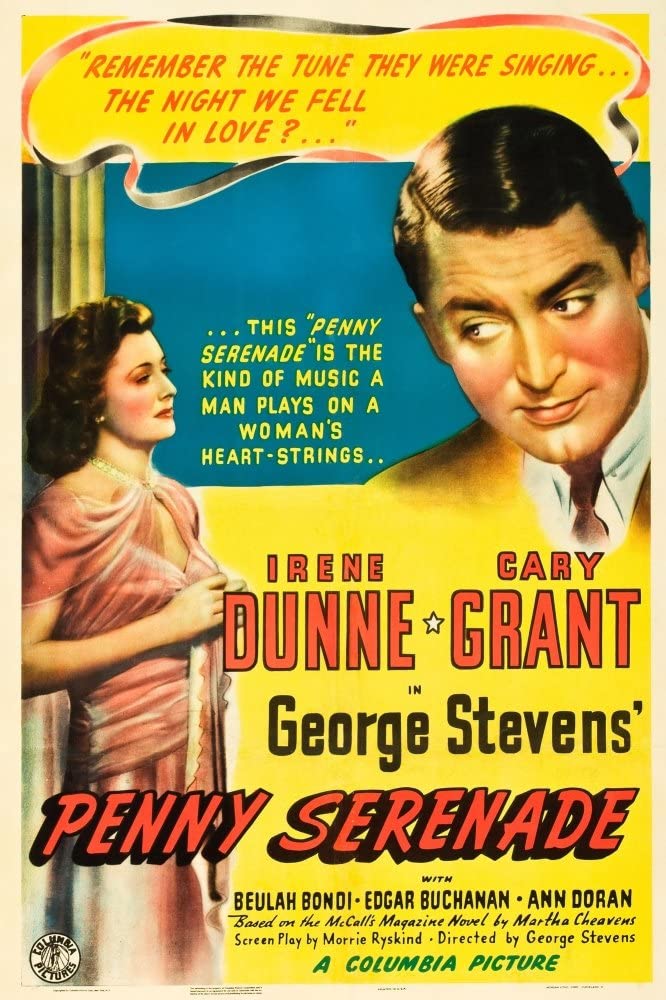
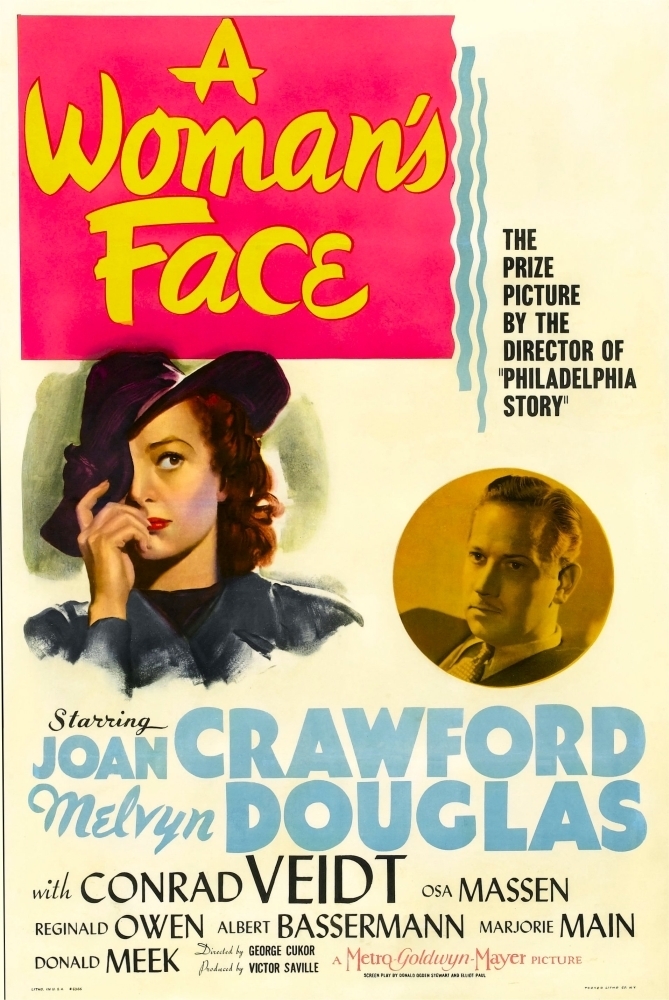
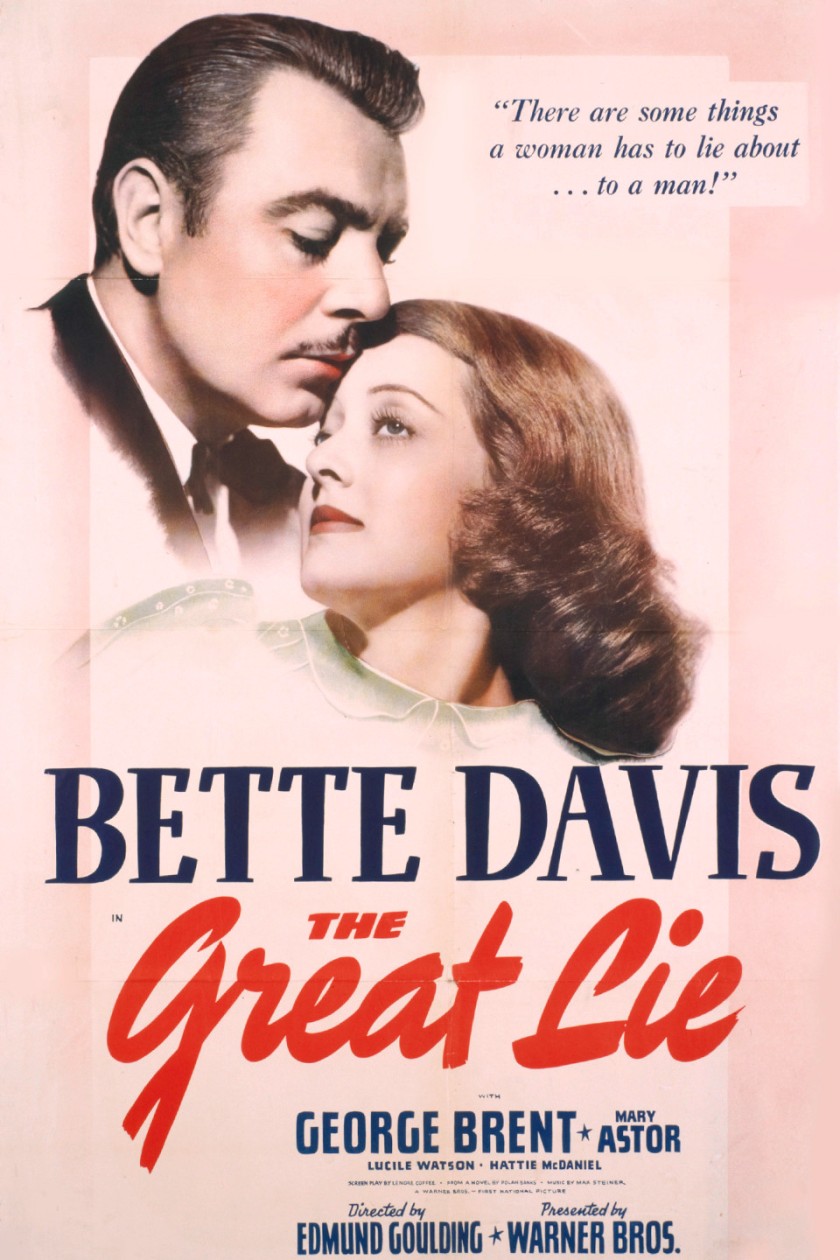
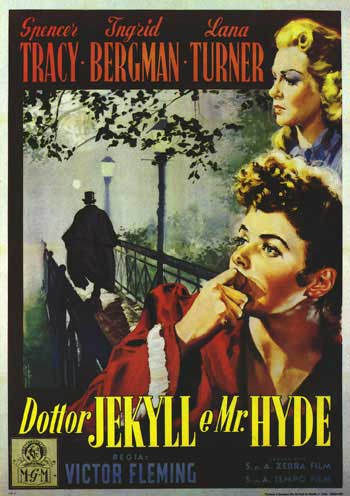
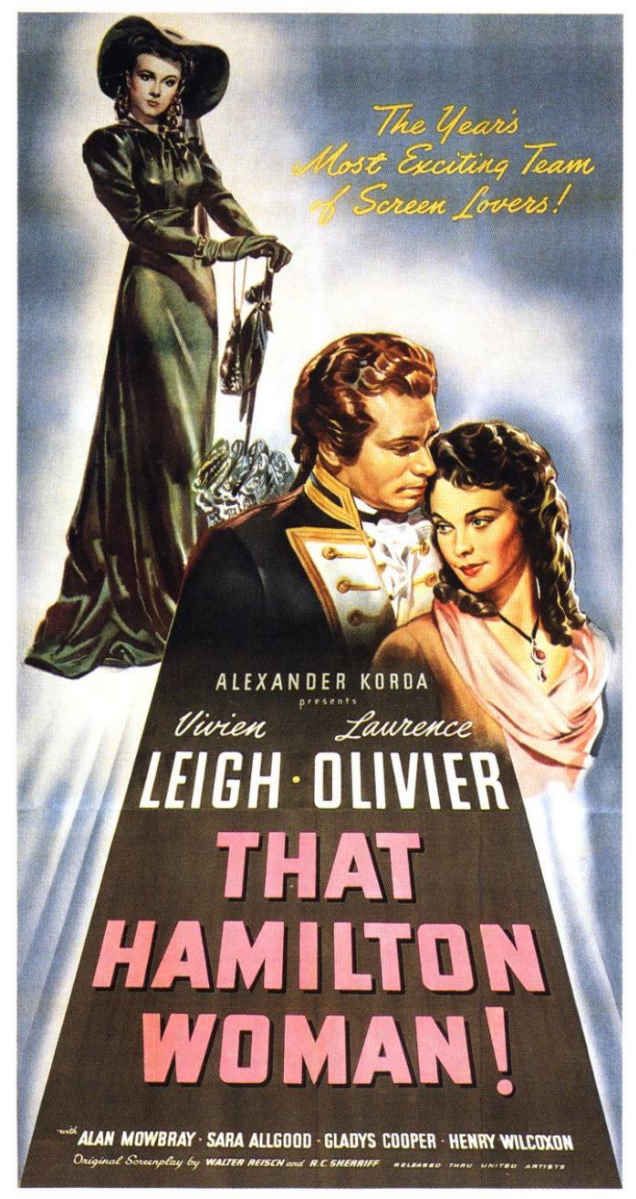
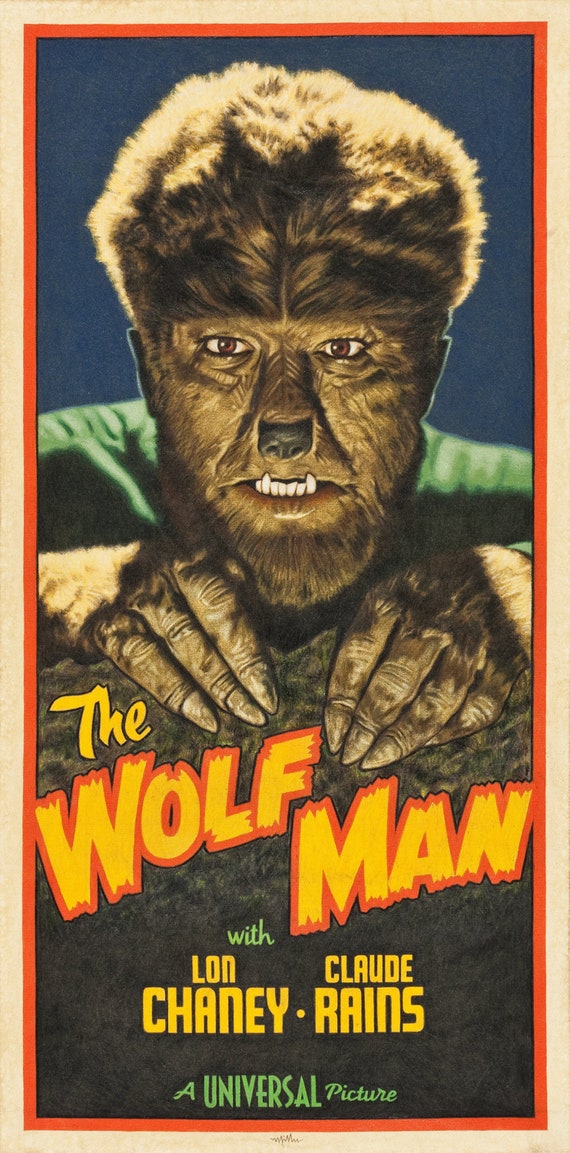
As always, I have much more to say in my book: http://www.amazon.com/dp/B00OPEELH0
Please vote!
Sorry, can’t vote for Citizen KAne for this, though the general agreement seems to be that it should have been the winning film… 4 years of film school and it STILL puts me to sleep every time… I’ve seen it all, but never in one sitting. Most effective sleeping pill I ever found, works every time.
It’s a very cold film; you’re a very warm person. Makes sense to me 😉
1941 is as hard as 1939. Great films. I ultimately voted How Green was my Valley, But, I am absolutely crazy for The Little Foxes and Sargent York plus Great Balls of Fire. Then we also have The Maltese Falcon and Sullivan’s Travels. My opinion on Citizen Kane is it takes quiet a few viewing for really get the greatness of the film.
Igive my othet vite to KANE. But I love Bernard Herrmann’s score to DANIEL WEBSTER over Kane. Thank God Herrmann had two scores nominated that year. I think the Academy wanted to award his talent but were set against giving it to him for KANE.
So many great choices. I love ” How Green was my Valley” but I think “The Maltese Falcon” would be my number one choice.
It was mine as well. A movie that is both warm and smart, as well as revolutionary in its own ways.
By way of one of my aunts marrying a member of the Missouri branch of the Hearst family, I have Hearst cousins. My Hearst uncle was a child when William Randolph Hearst attended a family gathering in rural Missouri and the newspaper tycoon handed him a silver dollar (he was handing them out to the children). My Hearst cousins do not especially like or dislike “Citizen Kane” — they think it’s somewhat confusing, but the son of one of my cousins likes it very much. I have watched it with great enjoyment at least 40 times — I think it contains more humor than some folks remember or appreciate. I do not think it’s any more emotionally cold than Shakespeare’s “Hamlet.” I am also enthusiastic about Orson Welles’s “The Magnificent Ambersons” and I recommend reading the Booth Tarkington novel on which it is based in order to fill in the gaps caused by RKO cutting the film without Orson’s participation.
Fascinating!
Would choose The Maltese Falcon, and How Green was my Valley both over Citizen Kane which I believe to be overated